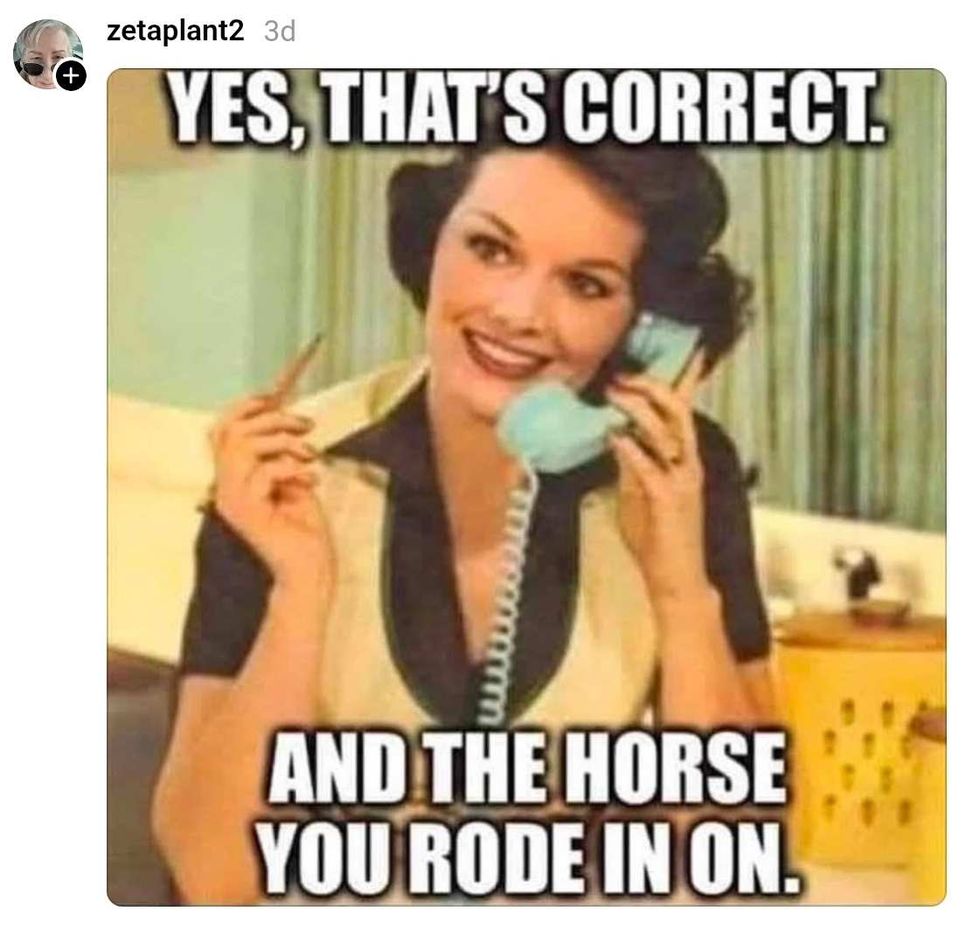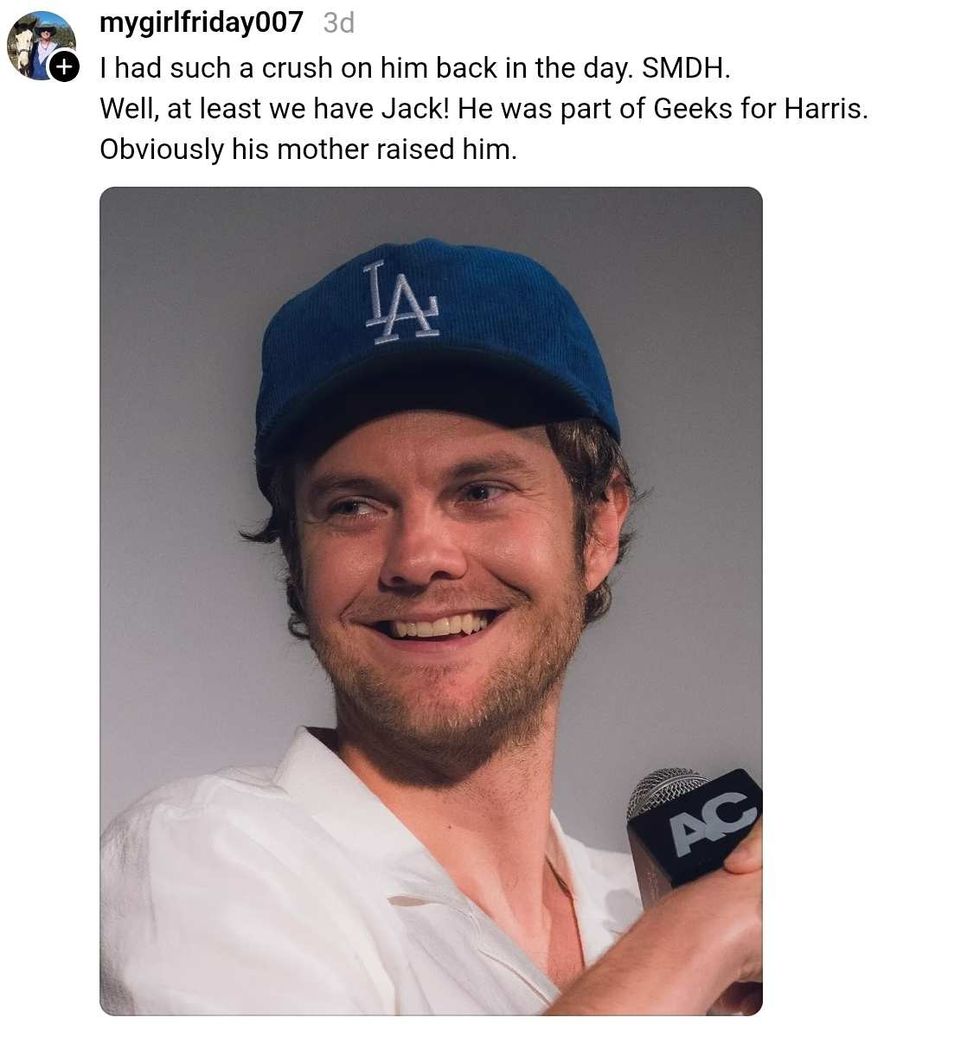Unless you have an identical twin, your DNA sequencing is completely unique. However, despite this uniqueness, your genetic privacy may still be at risk.
[embed]
[/embed]According to a new study, more than half of all Americans could potentially be identified by name. All that would be needed is a sample of DNA and a handful of simple facts, such as age and approximate region of residency.
Although doing so would be extremely expensive, the concept requires us all to reexamine the meaning of privacy in the digital age, where science and technology are advancing every day. For both scientists and biotech companies, the proliferation in DNA acquirement can be seen as a response to the usefulness of that genetic information.
DNA is now a hot commodity. According to researchers, once 3 million Americans have uploaded their genic profiles into public genealogy websites, then nearly everyone in this country would be identifiable by their DNA. Again, all that would be needed are a few extra, basic clues.
At this time, more than one million Americans have already uploaded their genetic profiles into public databases, through sites such as 23andMe. It is just a matter of time before everyone will be identifiable by DNA profile.
“People have been wondering how long it will be before you can use DNA to detect just about anybody. The authors are saying it’s not going to take that long,” said Ruth Dickover, director of the forensic science program at UC Davis. Dickover was not involved in this study.
This rise in proliferation and concern is due to two distinct trends.
The first is the rise of direct-to-consumer genetic testing. Ancestry.com and 23andMe both provide inexpensive options for DNA tests. All that is required is approximately $100 and a saliva sample.
The second trend is the rise in publicly searchable genealogy databases. GEDmatch is one such example. Any individual can upload a DNA profile to this site. Once that occurs, computers will delineate far-reaching branches of a family tree. Essentially, these sites can connect an individual, through DNA, to any individual they may be related to.
A group of researchers, led by Columbia University computer scientist Yaniv Erlich, set up an experiment designed to determine if an individual's identity could be determined through a sample of DNA and a basic amount of biographical information.
After an extensive and detailed process, researchers were indeed able to correctly identify the identity of the owner of the DNA sample.
DNA profiling, while new, has been used in solving crimes. In April, Joseph James DeAngelo (a.k.a, the Golden State Killer) was charged with 13 counts of murder and 13 counts of attempted kidnapping. Law enforcement officials used a publically available DNA database to catch DeAngelo. It is only the second time in history that particular strategy has been successful. Since then, 13 more accused criminals have been caught using the same methodology.
“The solving of the Golden State Killer case opened this method up as a possibility and other crime labs are taking advantage of it,” Dickover said. “Clearly a trend has started.”
However, this strategy can easily be manipulated if it falls into nefarious hands.
“When the police caught the Golden State Killer, that was a very good day for humanity,” Erlich said. “The problem is that the very same strategy can be misused.”
Erlich and his co authors suggest that direct-to consumer companies implement mitigation strategies that would help to curb potential abuse. It is easy to see how DNA sequencing could potentially be used as a consequential profiling tactic.







 @sko2535/Threads
@sko2535/Threads @hayderz/Threads
@hayderz/Threads @zetaplant2/Threads
@zetaplant2/Threads @dark_elle_akalisa/Threads
@dark_elle_akalisa/Threads @freeasfox/Threads
@freeasfox/Threads @mygirlfriday007/Threads
@mygirlfriday007/Threads drbenwayoperates/Threads
drbenwayoperates/Threads







